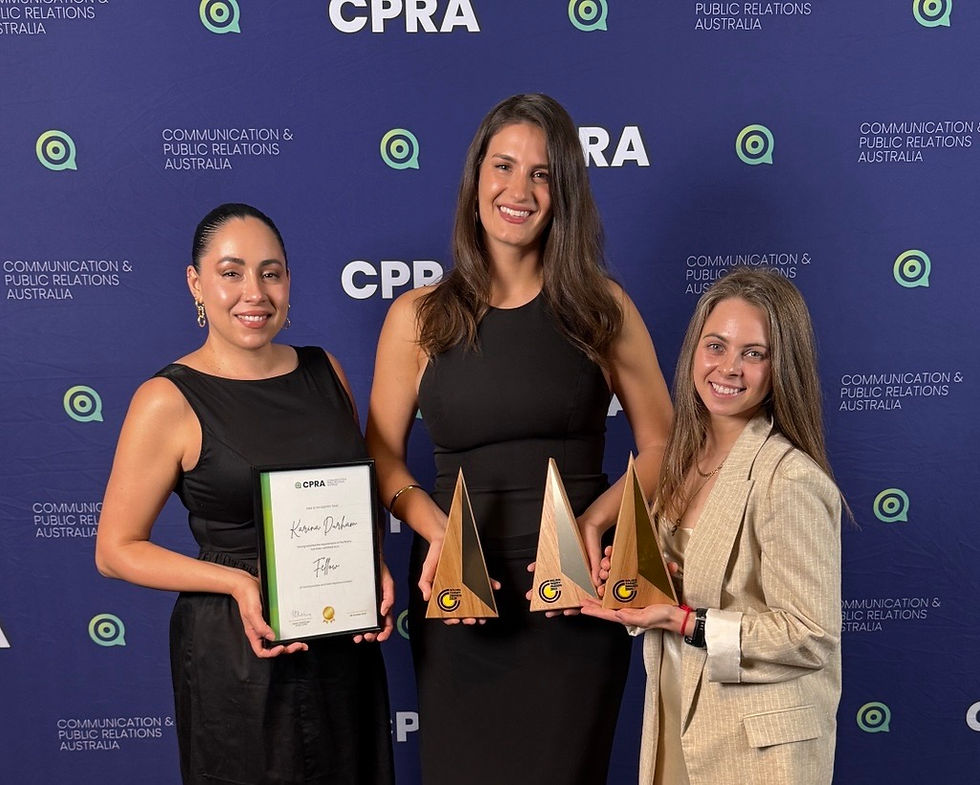Celebrity influence in pharma marketing. Would you hire a convicted murderer as an influencer?
- anastasiia23
- Jan 22, 2024
- 3 min read

[Gypsy Rose Blanchard. Pleaded guilty to second-degree murder.]
I love non-fiction books. Military narratives, famous biographies and human history – love them all. There’s something compelling about knowing a story truly reflects some fascinating, unlikely lived experience.
It’s the most engaging and informative way to tell a yarn – through the eyes of someone who has done it.
This is the kind of thinking that typically informs decisions about celebrities and ambassadors for health campaigns. Can we engage an audience and convey some key messages by working with someone that appeals to the target market and has an authentic link to the issue being showcased?
Clearly, it will work best if the ambassador has a high profile and a large, relevant, curated audience.
But how far do we go in leveraging the community’s fascination with a celebrity or influencer? You want the campaign to have reach (and impact) so it needs to be edgy but you’re also responsible for reviewing all the comments and interactions for references to adverse events or branded mentions.
So big but not too big, right?
We use a brainstorming technique at Palin Communications called “You’re fired!”. The idea is that you are encouraged to come up with creative ideas that – if implemented – would almost certainly see you out of a job. Then you work back from the crazy idea to something that has the same attractive elements, will still deliver a result but won’t land you on the queue at Centrelink.
This triggered an idea about whether we would work with someone like Gypsy Rose-Blanchard, who is attracting incredible media attention now that she is free woman after serving time for getting her boyfriend to murder her duplicitous mum. Gypsy’s mother conned the world into thinking her daughter suffered from a range of awful diseases. Could we contemplate contracting someone who would immediately get invited into every TV chat show in the country and whose 6.5 million followers are blowing up the internet even though she’s been convicted as an accessory to murder?
Well maybe. What if the brief is to raise awareness of “Munchausen by proxy”, where the victims are typically children (as Gypsy was), vulnerable adults or even in some cases domestic animals. Gypsy’s done her time, she’s a free woman and a contractual relationship need not reflect approval of her felony.
Our general thinking is, don’t cut off the possibilities too quickly because of an initial reaction. We’ve run highly successful PR campaigns with celebrities who have had weight loss surgery, quit smoking, battled shingles, beaten prostate cancer, educated the community on MS and advocated certain approaches to managing asthma. There was some form of client push back to just about every single one of them in the early stages.
Sometimes the push back is not born out of controversy but out of unfamiliarity. They don’t know the person so they’re not sure it’s right.
As was pointed out the SMH recently, just because you’re not dealing with an influencer who is a household name doesn’t mean you are wasting your money. “Just because you haven’t heard of these people, doesn’t mean [the marketer] is failing in its job. What it means is that the campaign is not aimed at you.”
So in light of all this, here are some key things to keep in mind when choosing ambassadors and influencers for health campaigns:
Is there an interesting, engaging story around the person?
Does that story link to the issue being showcased?
Does the person’s appeal give us confidence in their ability to help us drive earned media?
Do the metrics around their followers reflect value given the fee being proposed?
Will their support in communicating our key messages to their social media followers deliver genuine value to the campaign?
Do we have confidence that the person can deliver the key messages (and avoid controversy) in the context of a live media interview?
Are they likely to be responsive to our need to manage references to adverse events or branded products via their social media platforms?
Perhaps safest to avoid convicted murderers but important to keep an open mind early. Never say never upfront. Because one day you might get briefed to cook up a new campaign to help doctors detect the tell-tale signs of Munchausen. Then I’m thinking all bets are off.


